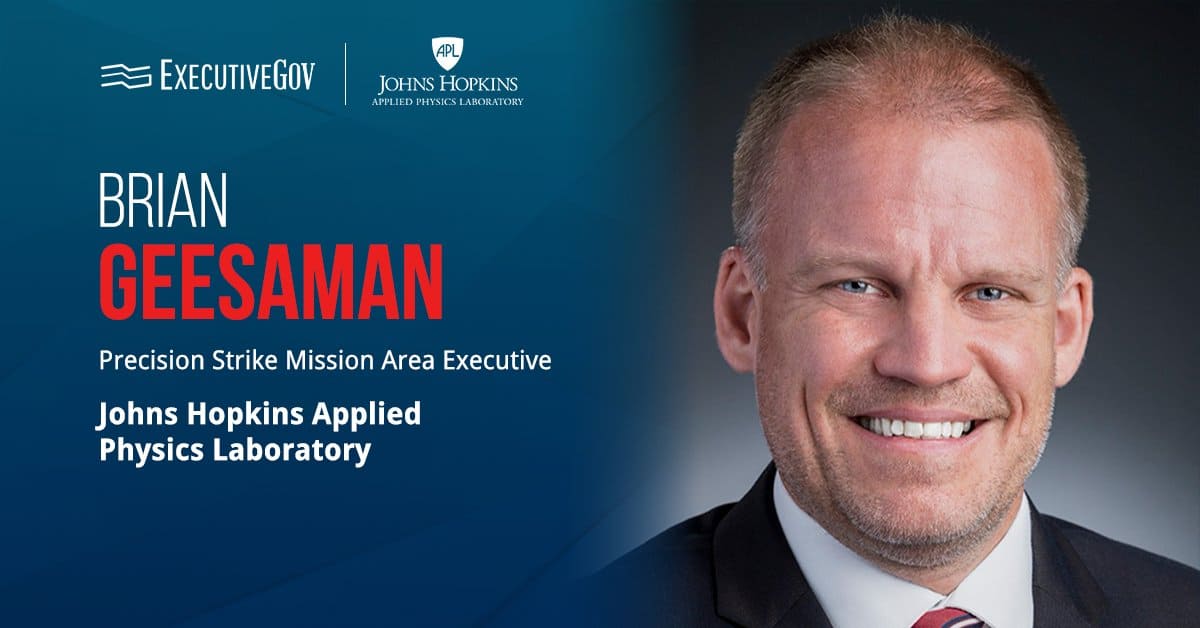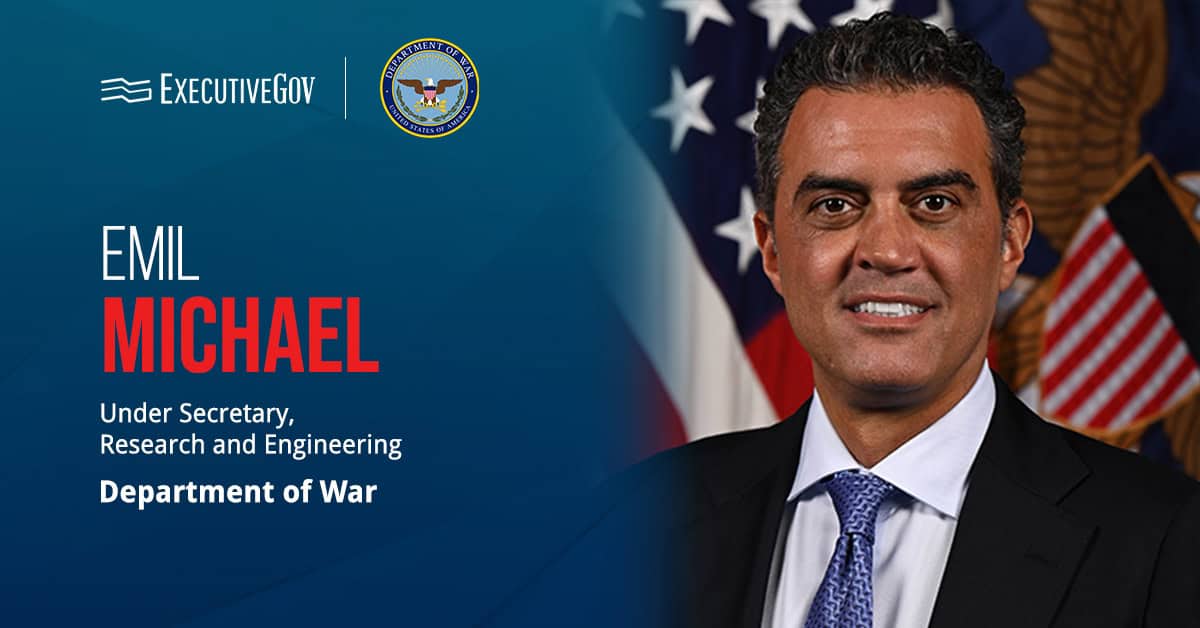Marine Corps Systems Command (MCSC) plans to roll out a new technology designed to repair circuit cards found within various marine-used electronic systems. U.S. Marine Corps said Wednesday its new Circuit Card Assembly Test Station works to detect issues within these circuit cards and perform needed repairs.
“CCATS enables electronic module repairs to be accomplished at the lowest practical maintenance level,” said Jorge Ruiz, CCATS project officer.
USMC expects the new technology to help maintainers assess, repair and test communication devices and other electronic tools used by marines. The service branch intends to field the new CCATS in fiscal year 2021's second quarter.





